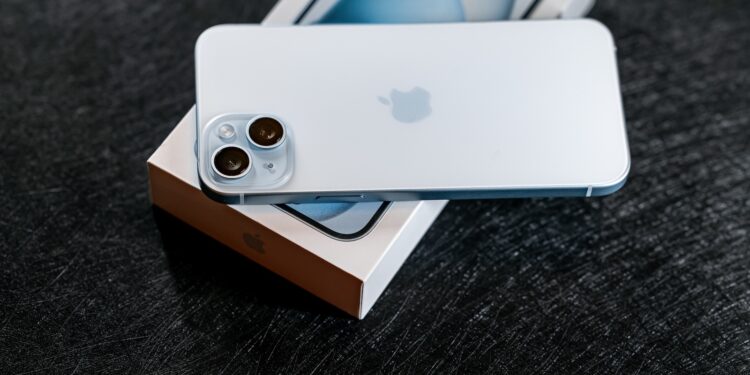When it comes to new Siri features, interest is usually high. Apple has raised many expectations over the years – and rarely disappointed. But this is precisely what's currently under debate. Did WWDC overpromise? Is Siri 2024 really as advanced as Apple portrayed it? Or is it a classic example of vaporware – software that was announced but never actually delivered?
At last year's WWDC developer conference, Apple presented a number of impressive innovations for Siri. The voice assistant was supposed to be significantly smarter, supported by a large language model and semantic search functions. In a later iPhone 16 advertising campaign, these very features were highlighted again. The promise was "coming soon." Shortly thereafter, Apple retracted the "soon," deleted the ad, and hasn't delivered the new features to this day. This brought Apple under fire. John Gruber, a well-known Apple commentator, kicked things off. He was followed by other voices from the tech scene. The central question is: Was what Apple announced ever functional—or was something shown that didn't actually exist yet?
How the debate about Siri arose
Gruber had often defended Apple against vaporware accusations in the past. But after WWDC 2024, he changed his stance. The reason: The announced Siri features had not been shown to anyone outside Apple. No journalist had been able to test them. Even Apple employees Gruber spoke with only knew about the features by hearsay. According to Gruber, this contradicts what Apple itself previously called vaporware. A product is only genuine if it actually exists, can be tested, and works in practice. Everything else is a concept, not a finished feature.
Apple reacts – but late
Almost a year later, Apple responded publicly. In an interview with journalist Joanna Stern (Wall Street Journal), Craig Federighi and Greg Joswiak explained that the criticism was unfounded. They argued that the demo wasn't vaporware. It was working software – with a real language model, real AI, and real search.
- When asked, Federighi confirmed: Yes, there was a working version. It was filmed for the keynote using real footage. The features are real.
Contradictions in the presentation
Despite this statement, doubts remain. At no point in the keynote video was the new Siri shown in continuous, comprehensible use. Instead, the video repeatedly cut from the iPhone, which was supposedly using Siri, back to the presenter. A typical Siri action—question, answer, reaction—was not shown in a single unedited clip. According to several insiders, Apple has very strict guidelines for demos: Everything shown must be possible in one take—just like in a real live presentation. That wasn't the case here. The presentation consisted of several edited moments that looked more like mockups.
Other voices accuse Apple of a lack of transparency
Russell Ivanovic, developer and co-founder of Shifty Jelly, clearly described the presentation as vaporware. In his opinion, it doesn't matter whether Apple was able to test the feature internally. If a feature is announced, advertised, and never released, that's a broken promise. MG Siegler, tech investor and former Google Ventures partner, expressed similar criticism. He pointed out that Apple itself has ridiculed other companies in the past when they announced products that weren't ready. Now, he said, Apple finds itself in exactly the same situation. His message is clear: A product that doesn't ship isn't a real product. It's a concept. And Apple can't criticize others and simultaneously rip itself off. If the company wants to maintain its credibility, it has to deliver—or keep quiet.
Is Siri vaporware or just not finished yet?
The debate over Siri demonstrates how sensitive announcements are in the tech industry. Apple has raised high expectations with the features it showcased. However, to date, there's no concrete release date, no live demo, or a publicly tested feature. Even though Apple insists the technology exists, the impression remains that it's more of a concept than a market-ready solution. Whether the new Siri is truly just delayed or actually vaporware cannot currently be conclusively determined. One thing is certain: the criticism is not unfounded. Anyone who makes promises—especially public ones with advertising impact—must keep them. Apple bears a responsibility here. Users, including you, rightly expect transparency and reliability. (Image: Shutterstock / BadPixma)
- AirPods Pro 3 probably won't arrive until 2026 – all the info
- Apple is working on three new AI projects, according to a report
- Apple to launch new Siri features in spring 2026
- Report: Apple to unveil homeOS in March 2026





